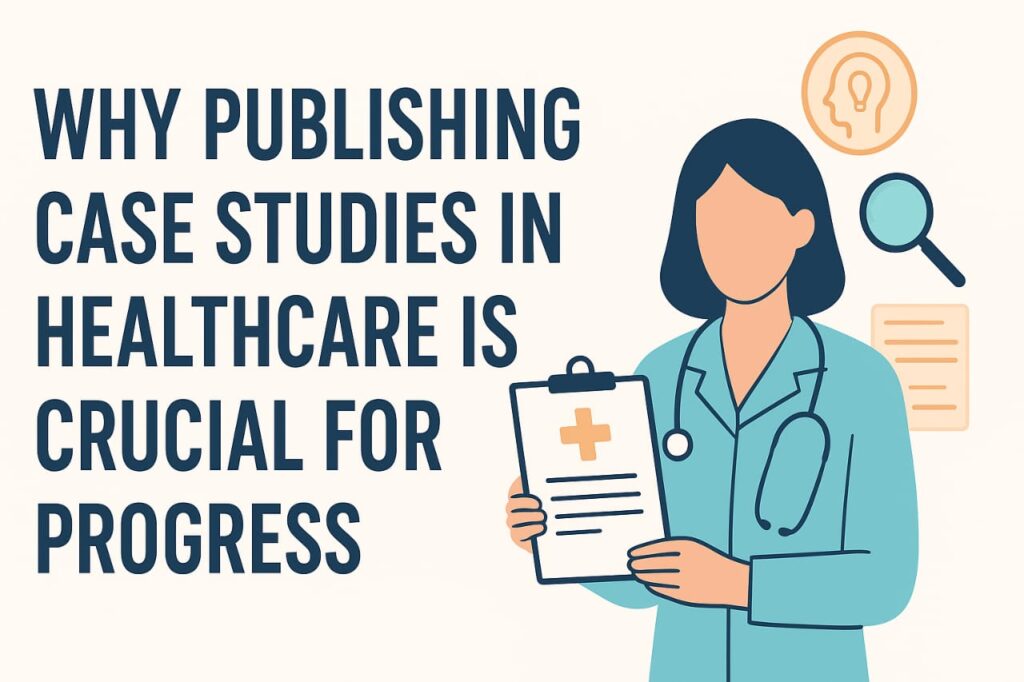
In the environment of contemporary healthcare, the value of evidence-based medicine cannot be overemphasized. Although randomized controlled trials (RCTs) and systematic reviews are usually the gold standard for clinical evidence, case studies still maintain a crucial position in medical advancement. These comprehensive accounts of a single or small numbers of patients provide distinctive information that can supplement large-scale research, guide clinical practice, and stimulate innovation in both diagnosis and treatment.
Bridging Theory and Practice
Case studies offer a story bridge between theoretical investigation and actual clinical practice. They manage the richness of patient care by emphasizing diagnostic dilemmas, decision-making regarding treatment, and clinical outcomes that controlled trials cannot capture (Gagnier et al., 2013). By recording these unique experiences, case studies enable practitioners to gain greater insight into how interventions apply outside of ideal circumstances.
Early Warnings of New Trends
A number of revolutionary medical breakthroughs have been pioneered through single-patient observations. Case reports frequently represent the initial line of evidence for uncommon adverse drug reactions, unconventional disease presentation, or unanticipated treatment results (Nissen & Wynn, 2014). These initial signals have the potential to draw attention to new phenomena, leading to larger studies that could ultimately lead to clinical guideline revolution.
Improving Clinical Education
Case studies are most valuable pedagogical resources in medical education. They stimulate critical thinking, diagnostic thinking, and the translation of theoretical knowledge to practical real-life scenarios (Flyvbjerg, 2011). While textbooks provide generalized information, case studies allow students and professionals to experience the complex decision-making process behind patient care.
Driving Innovation and Personalized Medicine
As healthcare moves more towards individualized practices, case studies constitute a crucial evidence base for personalized treatment strategies. They tend to accentuate individual patient reactions to therapies, which could be due to genetic, environmental, or cultural determinants (Greenhalgh, 2018). These revelations add to the progress of precision medicine, where treatment is personal to the individual and not the population mean.
Fostering Global Knowledge Exchange
Case study publication promotes international cooperation and information exchange. An unusual case described in one part of the world may help doctors all around the world identify and treat similar cases (Vandenbroucke, 2001). This sharing of clinical experience not only speeds up development but also prevents valuable information from going to waste in obscurity.
While RCTs and systematic reviews are still the bedrock of evidence-based medicine, case studies are drivers of change as they record unusual occurrences, induce hypotheses, and inform medical innovation. Their utility comes from capturing the unanticipated, the unusual, and the subtle practices of patient management. Through ongoing publication and dissemination of case studies, the medical community can advance education, fuel personalized medicine, and add to the world’s healthcare knowledge.